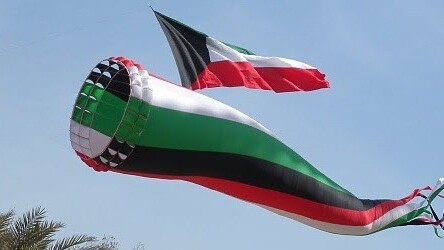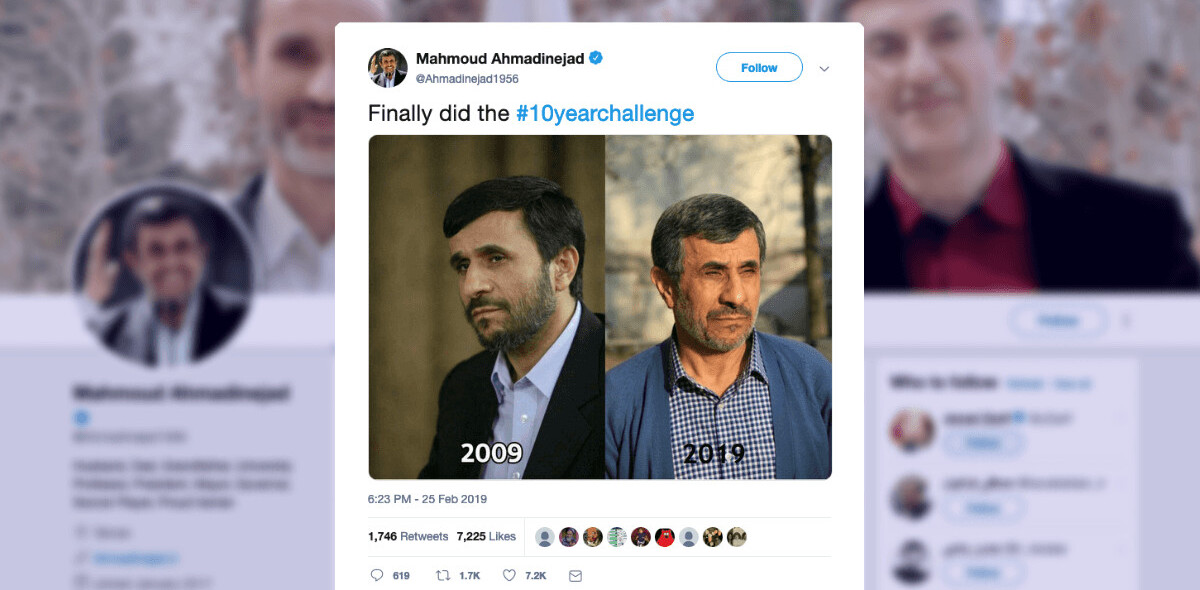
We reported in early June on Nasser Abul’s arrest by Kuwaiti authorities for tweets in which he criticized the Bahraini and Saudi royal families.
Following several postponed trials, Abul was sentenced to three months in prison for insulting the the Sunni sect, but was acquitted of charges relating to the royal families. Global Voices reports that he was released immediately as he had already served the prison sentence. During his trial, Abul’s lawyer claimed that the Twitter account had been hacked, and that someone else had posted the tweets.
Abul’s release, however, does come in the wake of yet another sentencing in Kuwait for opinions expressed on Twitter. Mubarak Al-Bathali was sentenced to 3 years in jail, for insulting the Shiite sect and threatening national unity. While his sentence is harsher than Abul’s, it has since been commuted to six months.
What is far more shocking than Abul and Al-Bathali’s sentences is the fact that many Kuwaiti citizens have expressed support for the government cracking down on freedom of speech online. Global Voices points to several posts on public forums, stating that strict sentencing for both Abul and Al-Bathali’s crimes was expected.
As the Middle Eastern Gulf region struggles to classify cyber laws, with the UAE upping the ante making the spreading of rumours, and Facebook photo tagging, punishable by law, another point of contention seems to be the differentiation between freedom of speech and libel, as is proven by Abul’s case.
The region as a whole has proven to be a social media landmine, with governments showing an extremely low tolerance for any kind of expression which they deem inappropriate. Most charges revolve around how a 140 character statement undermines the stability of an entire nation, giving a whole new meaning to the power of social media.
Get the TNW newsletter
Get the most important tech news in your inbox each week.




